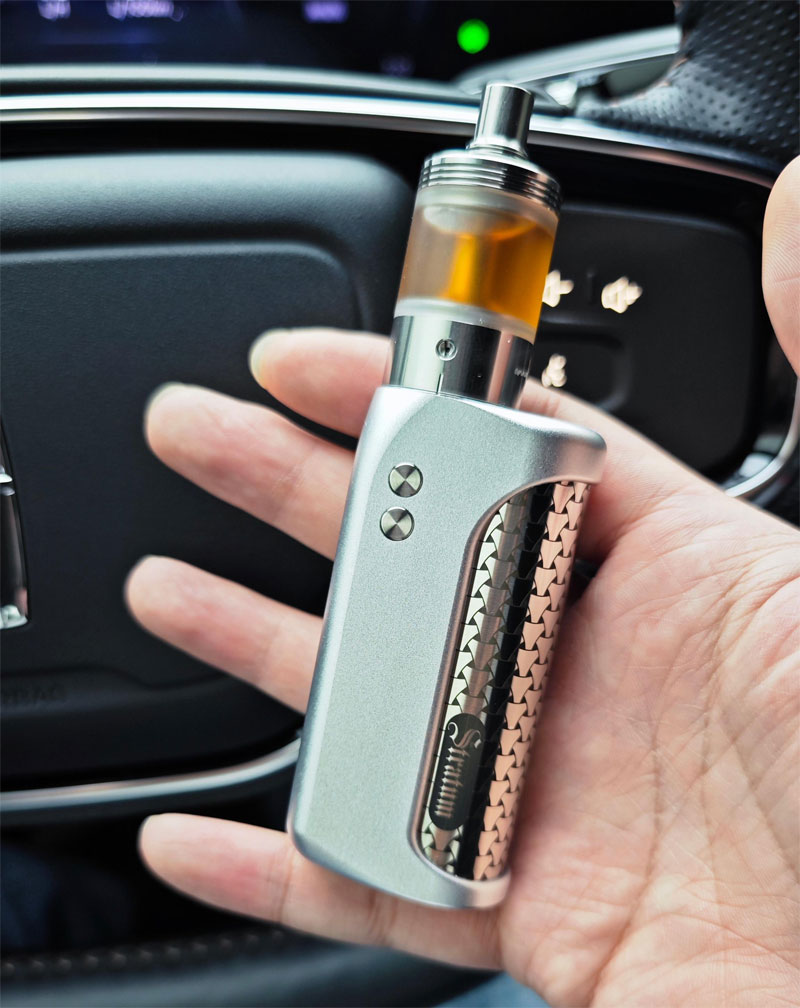If you are pregnant and considering the use of e-cigarettes, it is vital to understand the associated risks and impacts on your health and that of your unborn child. As the popularity of e-cigarettes has increased over the years, many expectant mothers wonder about their safety. This is primarily due to the belief that e-cigarettes offer a less harmful alternative to traditional smoking. However, are e-cigarettes truly safe during pregnancy?
The Composition and Appeal of E-cigarettes


E-cigarettes, also known as electronic nicotine delivery systems (ENDS), comprise a battery, a heating element, and a cartridge containing e-liquid. When activated, the device heats the liquid, producing a vapor that the user inhales. This vapor typically contains nicotine, propylene glycol, glycerin, and various flavorings, each of which poses potential risks to a developing fetus. Pregnant women may be tempted to switch to e-cigarettes due to the reduced odor and the perception of them being safer than conventional cigarettes.
The Risks of Nicotine Exposure
Despite popular opinion, the nicotine in e-cigarettes poses significant health risks. Nicotine is a highly addictive substance and can have adverse effects on fetal brain development. Studies have shown that nicotine exposure during pregnancy is linked to premature births, low birth weights, and developmental issues. It’s crucial for pregnant women to remember that nicotine in any form can harm their baby.
Other Potential Hazards
Beyond nicotine, the other components in e-cigarette vapor can be harmful. For instance, propylene glycol and glycerin, although generally regarded as safe for ingestion, might not be safe to inhale, especially when it comes to the sensitive development stage of a fetus. Flavorings add another layer of concern. While they enhance the e-cigarette experience, these chemical compounds are not always tested for inhalation safety. Some have been found to contain toxins like diacetyl, which when inhaled, can cause serious lung disease.
Can E-cigarettes Help Pregnant Women Quit Smoking?
Many women turn to e-cigarettes as a cessation tool, thinking they are a better alternative to smoking. While some research indicates e-cigarettes might assist some individuals in quitting smoking, this method is not recommended for pregnant women due to the reasons outlined above. Health experts typically advocate for cessation methods that do not involve nicotine, such as counseling and behavioral therapies, to support pregnant women in quitting smoking.
Expert Opinions
Medical professionals generally discourage the use of e-cigarettes by pregnant women. The American College of Obstetricians and Gynecologists (ACOG) advises against using e-cigarettes during pregnancy because of the potential health risks posed both to the mother and the developing fetus. The Centers for Disease Control and Prevention (CDC) also recommend that pregnant women avoid e-cigarettes and other tobacco products completely.
Conclusion
While the novelty and perceived benefits of e-cigarettes might be attractive, the risks far outweigh these advantages for pregnant women. The unanimous stance from health organizations underscores the importance of avoiding nicotine exposure during pregnancy, opting for safer cessation methods instead. Expectant mothers should engage with healthcare providers to explore effective and safe strategies to cease smoking.
FAQs
- Is it safer to use e-cigarettes than traditional cigarettes during pregnancy?
No, both options pose significant risks. While e-cigarettes may expose users to fewer toxic chemicals than traditional cigarettes, they still contain nicotine and other harmful substances.
- What are some safe ways to quit smoking while pregnant?
Pregnant women should consider nicotine-free methods such as counseling, support groups, and behavioral therapies. Consulting a healthcare professional is also advised for personalized cessation plans.
- Are there any benefits of using e-cigarettes during pregnancy?

The potential risks associated with e-cigarettes during pregnancy overshadow any perceived benefits. Health experts strongly recommend avoiding them altogether.
